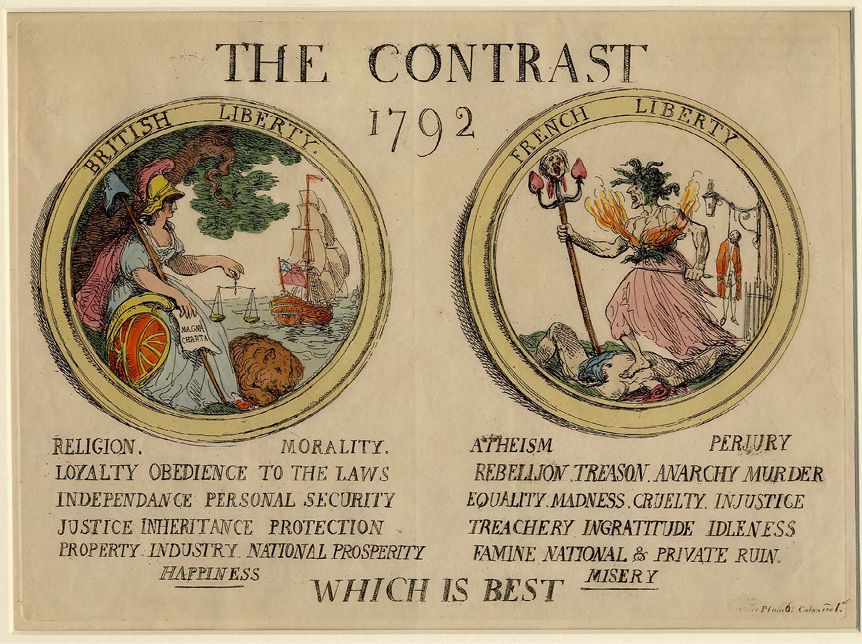Why competition is not the enemy of sustainability
SUGGESTED



Recent reforms
In the face of considerable lobbying, several European competition authorities have issued draft guidelines to allow competition concerns to be overridden where firms in an industry cooperate to set standards that promote more sustainable products, processes and practices. The Dutch, Austrian and UK competition regulators (e.g. the Competition and Market Authority’s draft Guidance on Environmental Sustainability Agreements) and the European Commission (Guidelines on Horizontal Cooperation Agreements) have moved to relax their enforcement by exempting environmental and climate change agreements which would otherwise be illegal.
Purpose of antitrust.
The primary purpose of competition law is to protect competition from market abuses arising from collusion, monopoly and anticompetitive mergers. It is not to promote other social and environmental goals. These are the province of regulation and other public and industry policies. Also, competition law does not prohibit cooperation agreements between competitors. These are perfectly legal provided they do not cross the line into price fixing, market sharing and other restrictions on competition. Even if they do cross the line, they can be exempt if consumers receive a fair share of the benefits which in practical terms means that consumers are not harmed. Thus, under current competition laws, an anti-competitive agreement that generated more sustainable products would not be prohibited if consumers received a fair share of the benefits from the improved sustainability that offset any increase in prices. The present debate, therefore, concerns a narrow subset of cases that the protagonists often fail to make clear. It boils down to the proposition that competition regulators should be permitted to trade-off anticompetitive effects that harm consumers against the gains of cooperation that generate wider social and environmental benefits. I, and many practitioners and competition authorities, do not think this is desirable or practically effective. It muddies the water, makes enforcement less certain, allows a myriad of exceptions, and reduces the effectiveness of antitrust. But above all, it invites industry and their lawyers to defend otherwise anticompetitive actions on public interest grounds.
Facilitating price-fixing
The advocates of this more permissive regime ignore and downplay the prospect that it will facilitate collusion. The dangers were recognised by Adam Smith who famously warned that: ‘[P]eople of the same trade seldom meet together … but the conversation ends in a conspiracy against the publick, or in some contrivance to raise prices.’ While Adam Smith did not advocate competition law as the solution, he did caution that ‘the law … ought to do nothing to facilitate such assemblies; much less to render them necessary.’ Relaxing the grounds for exemption would ‘facilitate such assemblies;’ and ‘contrivances to raise prices.’ There are many examples where firms have used environmental standards as a smokescreen for naked price-fixing such as shown in the European Commission’s decisions on consumer detergent, power exchanges and car emissions technology cartels.
Vagueness of sustainability
Another drawback is that sustainability is an overused and abused concept that lacks precision. The most commonly used definition is ‘development that meets the needs of the present without compromising the ability of future generations to meet their own needs.’ The UN Resolution 70/1 of 2015 lists a plethora of sustainability goals including the protection of the environment, biodiversity, climate change, universal public health, fair trade, gender equality, women’s rights, full employment, the end of poverty and hunger, justice and peace for all, and so on. This is an unmanageable guide to policy, impossible to operationalise or at best involves intractable trade-offs and measurement problems. This is not to deny that we should push in these directions but to make them the subject of a competition law assessment is highly problematic. There are better ways of promoting these goals.
Anti-competitive cooperation agreements are unlikely to increase sustainability investment
We then come to the central empirical question: will relaxing competition law lead to a more sustainable investment or less? As has already been emphasised, competition law and normal market behaviour see cooperation as beneficial provided that it does not give the cooperating firms market power. Where it does, there is no presumption that oligopolists cooperating on these will generate more sustainable technologies faster than when they act independently. Theory and empirical evidence indicate that competition is more likely to generate greater sustainability. There is growing evidence that the more competitive the market, the greater the adoption of sustainable products. This appears true even for pollution control as a study of the automotive industry in 42 countries between 1998 and 2012 (Aghion et al: ‘Environmental Preferences and Technological Choices: Is Market Competition Clean or Dirty?’, 2020) which found that the likelihood that a firm will undertake ‘clean’ innovation increases with the level of product market competition. The reason:
While the direct impact of competition on the environment is always negative – lower prices induce more mass consumption and therefore more pollution – the dynamic incentive can mitigate and even reverse it. Indeed, what matters here is not so much the effect of competition on the level of innovation, but rather how it affects its direction, namely the extent to which firms’ R&D and product mix become more, or less, environmentally friendly.
—
Cento Veljanovski is an IEA Fellow in Law & Economics; and a Managing Partner at Case Associates.
For more information, see Cento Veljanovski’s paper ‘The Case Against Green Antitrust’ in the European Competition Journal 2022, Vol 18 (download SSRN pre-publication version).



